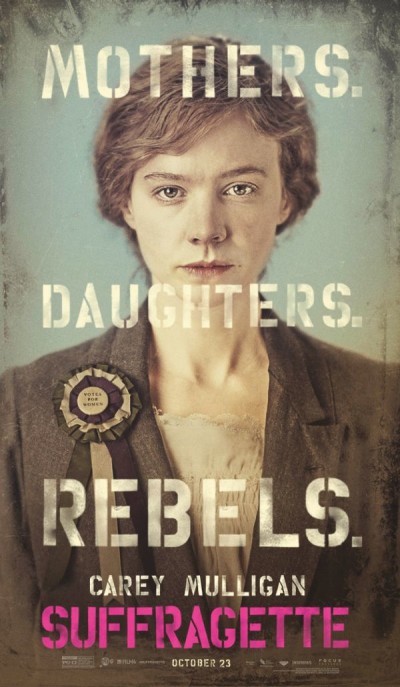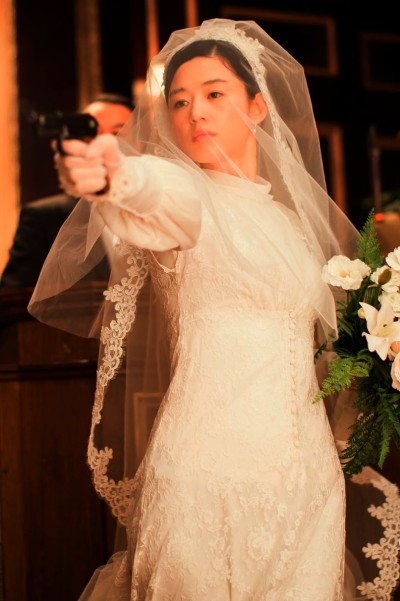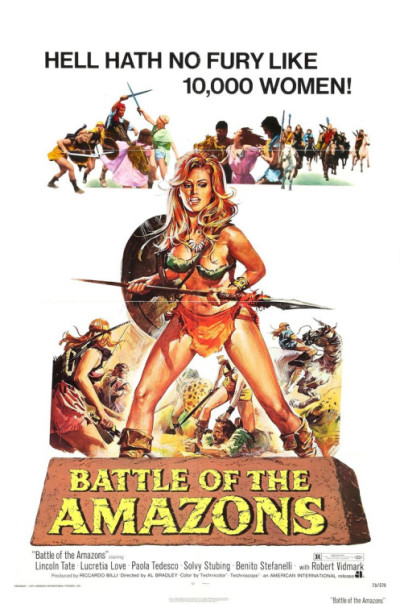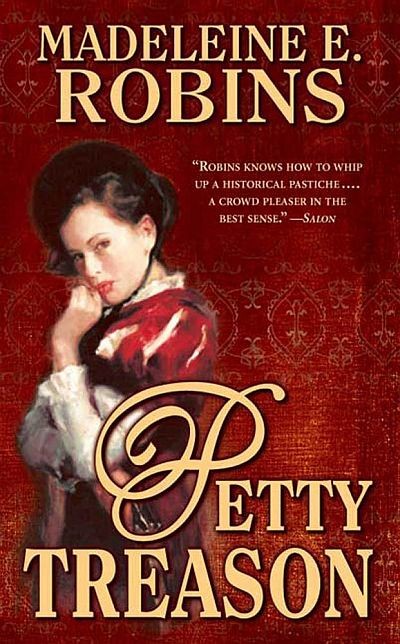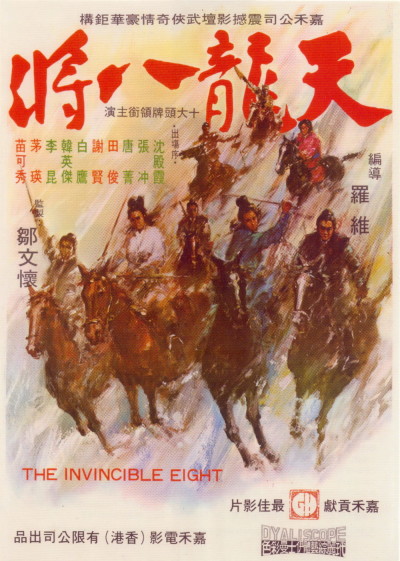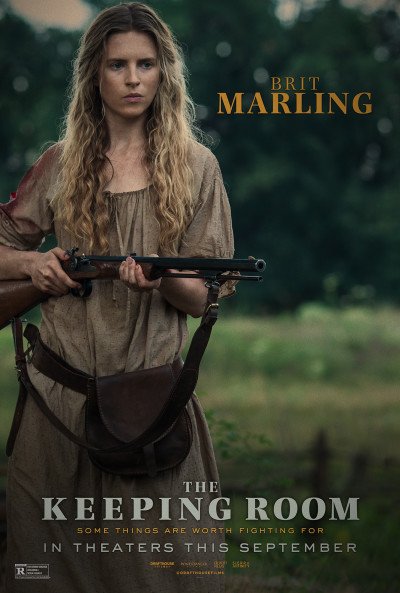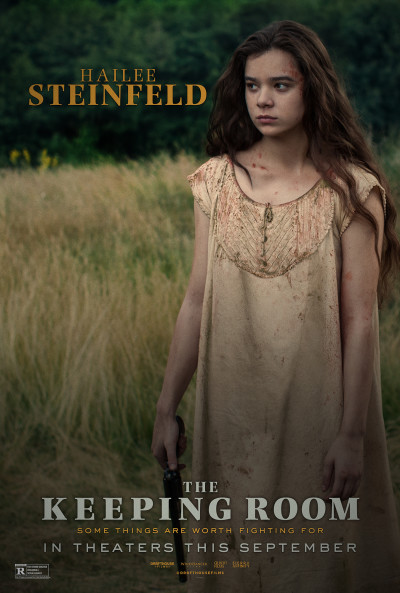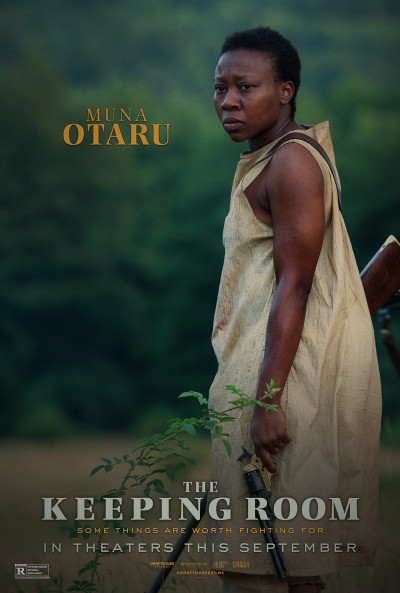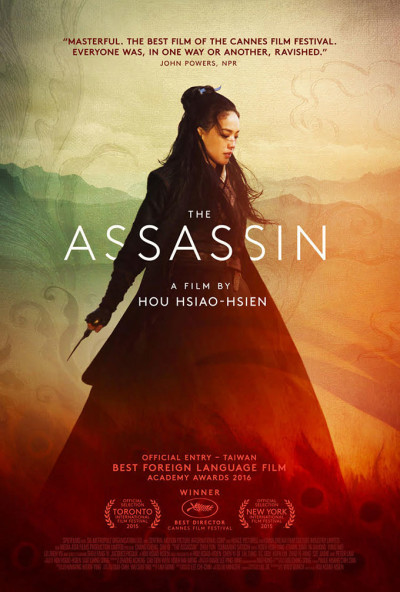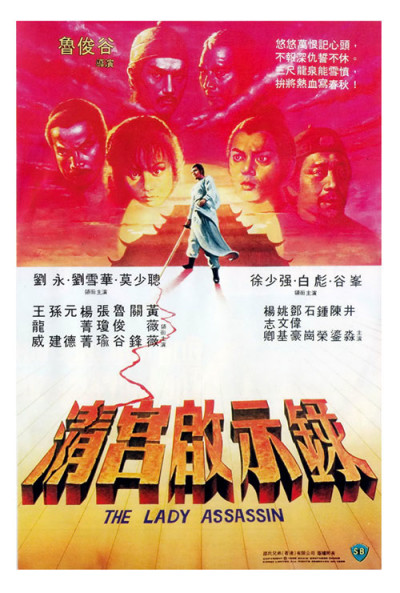★★★½
“Not the zombie apocalypse I expected.”
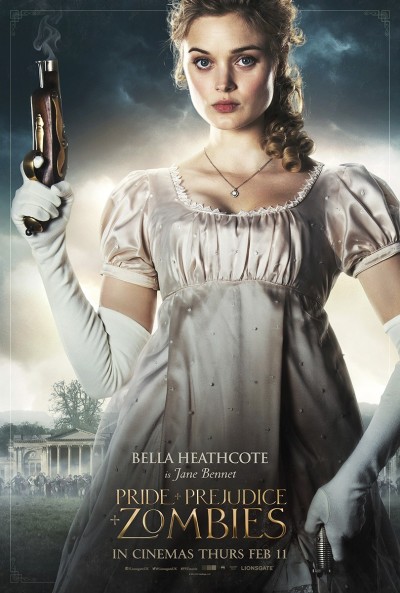 I’d imagine the market who would most appreciate this – those who like early 19th-century literature, but feel it would be improved by the addition of the walking dead – is rather small, which may explain its lackluster performance at the box-office. Personally, I’m more a fan of Victorian and later work, and have never actually read Pride and Prejudice, so suspect all those aspects here, flew entirely over my head. I have, however, seen more than my fair share of zombie flicks, so that’s the angle from which I will be reviewing this. Several angles surprised me. Firstly, it’s not a comedy. While we laughed, the film takes its theme seriously. Secondly, there’s surprising invention here. It’s not just dropping zombies into a costume drama; there’s thought gone into details of the setting, and also ideas such as the undead initially retaining their humanity.
I’d imagine the market who would most appreciate this – those who like early 19th-century literature, but feel it would be improved by the addition of the walking dead – is rather small, which may explain its lackluster performance at the box-office. Personally, I’m more a fan of Victorian and later work, and have never actually read Pride and Prejudice, so suspect all those aspects here, flew entirely over my head. I have, however, seen more than my fair share of zombie flicks, so that’s the angle from which I will be reviewing this. Several angles surprised me. Firstly, it’s not a comedy. While we laughed, the film takes its theme seriously. Secondly, there’s surprising invention here. It’s not just dropping zombies into a costume drama; there’s thought gone into details of the setting, and also ideas such as the undead initially retaining their humanity.
On the other hand, it’s not the action extravaganza I expected from the trailer, and never achieves the all-out heights of excess I was hoping to see. There are some decent sequences, but a number of missed opportunities, for example, in eye-patch wearing aristocrat, Lady Catherine de Bourgh (Lena Headey), who is described as the ultimate bad-ass, yet barely lifts a finger. I expected a massive battle at the end, and didn’t get one; instead, the film almost rubs our face in this, inserting a mid-credits epilogue that’s the biggest tease since the end of My Wife is Gangster 2. Not that you’ll mistake this for anything other than a zombie film, of course, even if it is closer to Pride and Prejudice (and Zombies) – which would make sense since I believe the book was about 85% Austen’s original text. There are still plenty of positives, led by James, as Elizabeth, the feistiest of the five Bennet sisters, whose father (Charles Dance) has brought them up as zombie-killers, much to the concern of their mother (Sally Phillips), who’d rather they married rich.
The story revolves around a love-triangle between Elizabeth, Mr. Darcy (Riley) and Lieutenant Wickham (Huston), unfolding against an the backdrop of an escalating zombie threat, which lurks in almost every hedgerow, whist party and back bedroom. Previously, the walking dead have largely been confined to London, but appear to be developing organization, and given their increasing numbers, this could be disastrous for humanity. Meanwhile, Elizabeth also has to fend off the perhaps even more threatening predations of Parson Collins (Matt Smith), who has been brought in to marry one of the sisters, providing a male heir that will secure the family’s future, since the daughters are unable to inherit property. Her skills are unquestioned, and nicely understated; when Darcy suspects one of Elizabeth’s sisters of being bitten, and releases carrion flies to see if he’s right, she plucks them out of the air, one at a time, and hands them back to him.
Their relationship is another well-handled aspect. This Darcy is not exactly swoonworthy, and hardly the life of the party (no-one who totes carrion flies everywhere they go, ever will be), yet he’s prepared to let Elizabeth be the person she wants to be – a sharp contrast to Collins. It’s her free-spirited nature and stubborn refusal to be ground down by the conventions of society – even the severely-skewed ones of this scenario – which make her an engaging heroine. Other pleasures are the work of Smith and Phillips, adding a great deal of background charm, largely due to their total indifference to the zombie apocalypse – achieving marital bliss is clearly far more important. It probably works better as satire on class, rigid social norms and the British stiff upper-lip, than as real horror; its PG-13 rating obviously limits the latter aspect. As long as you are not going in expecting a Georgian-era version of World War Z, this should be well-made and enjoyable enough.
Dir: Burr Steers
Star: Lily James, Sam Riley, Jack Huston, Bella Heathcote
















